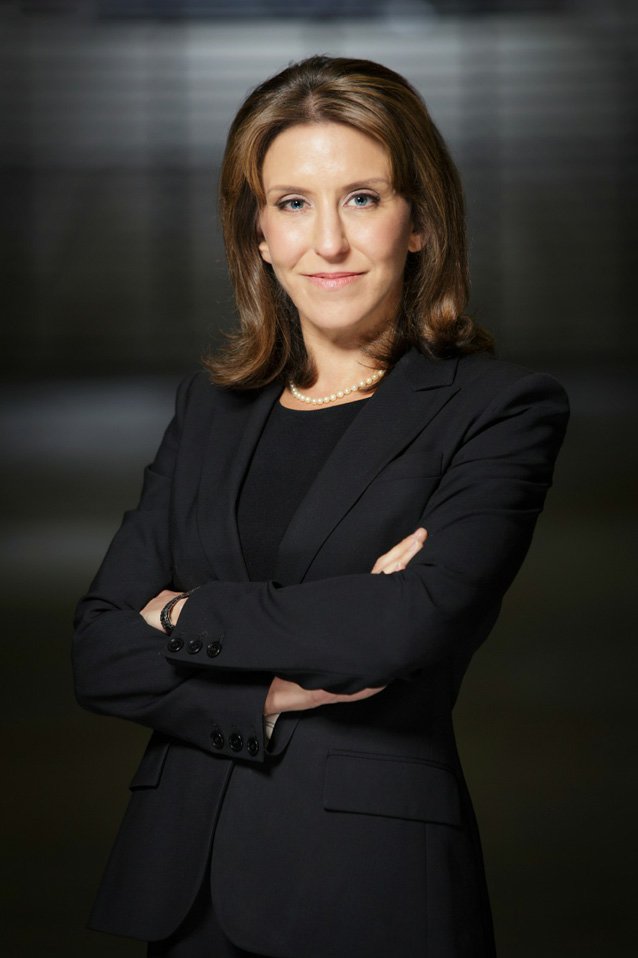
By Leslie Cannold, PhD (Education), Master Bioethics, B.S (Psychology)
The imputations of Commissioner Kenneth Hayne’s final report on the Royal Commission into Misconduct in the Banking, Superannuation and Financial Services Industry were blistering. The Banking and Finance industry are led and staffed by the greedy who are more than willing and able to exploit the needy.
The industries’ systems are fine-tuned to measure profit – their profit – and to be inexcusably blind to the losses worn by those whose interests they claim and are bound to protect. Namely, their customers. Despite knowing these facts for many years courtesy of multiple government reports, business as usual continues to prevail while some banking executives and the regulators meant to oversight them minimise and excuse this behaviour as careless “administrative errors.”
Hayne was having none of it. In lucid prose marked by restraint, he was brave and outraged enough to deploy precisely the non-Weasel words the industry hates to call a spade a spade:
“In the Interim Report, I identified several considerations that pointed towards the conclusion that the root cause of the fees for no service conduct was greed: greed by licensees, and greed by advisers. The evidence that emerged in later rounds of the Commission’s hearings only served to reinforce that conclusion…It was, as I have said, entities taking money for nothing…On its face, taking money for nothing is dishonest conduct.” (138, 154)
As an ethicist, my view is that greed had company in driving the unethical, corrupt or unlawful decisions and actions documented in the Royal Commission’s final report. Naked and aggressive self-interest, base disregard of one’s duties to less powerful others as well as callous indifference to the resulting harm are also in the mix. But after countless reports into the finance sector, the problems are clear and even a six year-old would have no trouble explaining why taking fees for no service is wrong. The Commissioner’s job was to explain why - despite this – the industry’s bad behaviour continues on. Naming the factor in the way of real progress and daring to speak its name – greed – is key.
What else? What we need now are a fresh slate of industry leaders motivated by a sense of fair play and a thirst to restore public trust. Men and women who are ethical leaders in the true sense of the word: willing to take responsibility for what’s happened and for making the radical, profound, robust, sincere and sustained changes in their institution and the sector at large to make things right. Such changes must revamp corporate culture, radically upgrade and formalise the professional duties and ethical literacy of the workforce and improve the breadth, effectiveness, transparency and accountability of both internal and external systems and frameworks for monitoring and oversight.
We’ll know things are changing when we see:
- The structural elimination of conflicts of interest and of duty and formal recognition that while disclosure is a necessary part of managing any conflicts that do arise, it will rarely be sufficient.
- The replacement of process-based leadership training with Ethical Leadership Training that emphasises key values of duty, accountability, integrity, honesty, transparency, courage and real-world reasoning skills that recognise vulnerability and take account of power.
- Ethical values and reasoning defined as a core competency in all qualifying degrees, certification standards and continuing professional development.
- The personal commitment of everyone from customer-facing clerks to the CEOs of the majors to maintain their own integrity whatever storms surround them and to be accountable for that oath. One good way would be to sign the Banking and Financial Services Oath available online: http://www.bfso.org/The-Oath/Take-the-oath
- Diversification around the Board Table.
Personally, I’ll know the institutions I bank with are really interested in change when I see more people like me appointed to banking and finance industry boards: more women, more experts with a deep knowledge of ethics and of social licensing and individuals who can serve as links to key stakeholder groups like employees and customers. Those of different ages, racial and cultural backgrounds as well as different sexual orientations must also take their seat at the table for the sector to connect and start the slow work of re-building trust with communities they are meant to serve.
Leslie Cannold is a writer, ethicist and educator. She specialises in workshops designed to build teams and develop ethical leaders and leadership styles. Dr Cannold chairs the Ethics in Research Committee at Marie Stopes International (London) and sits as a community member multiple Victorian public and not-for-profit boards. LinkedIn: Dr Leslie Cannold
You can hear Leslie Cannold speak at the FINSIA | BFSO Crossroads Conference on Thursday 8 August 2019 at Westpac, Barangaroo, Sydney.
The Program, full list of speakers and tickets are available here.